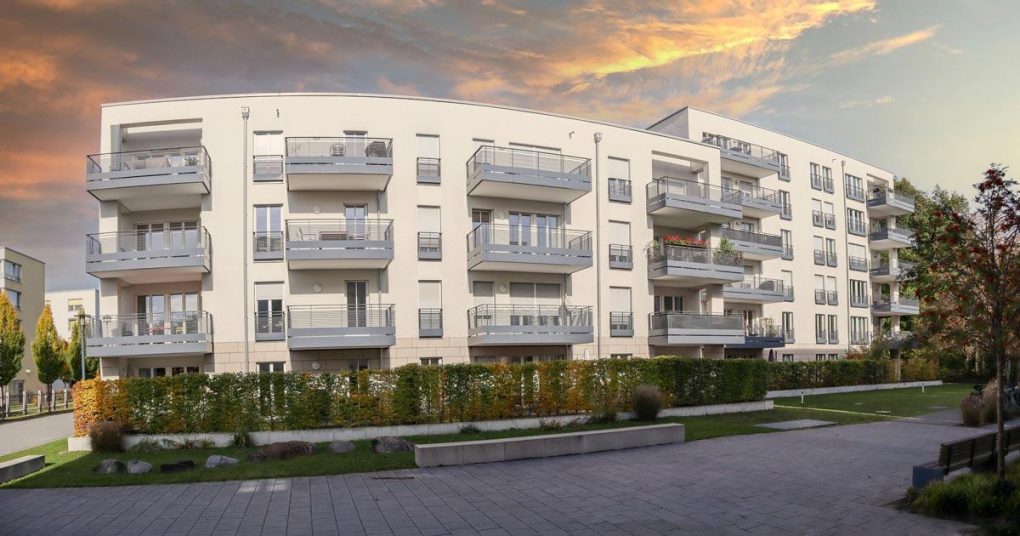
On September 6, 2021, the city-state of Berlin, Germany’s capital, held a referendum: voters in Berlin needed to decide whether thousands of real estate systems owned by “large realty firms” must be nationalized. 56.4 percent voted yes, 39 percent no. While the referendum is not binding, it forces Berlin’s inbound local government to debate the expropriation step. Nevertheless, whichever way you take a look at it, it certainly is an expropriation effort: the term “expropriation” is even openly mentioned in the name of the grassroots project, “Expropriation Deutsche Wohnen and Co,” and it recommends a compensation of the homes “well listed below market price.”
Housing is limited in Berlin, and leas continue to rise. This already led the city government to state a freeze on rent costs (“Mietpreisbremse”) as early as June 2015, which, however, was denied by the German Supreme Court in April of this year. During the rent freeze, what occurred was what sound economics would forecast: new building decreased, and investors started developing single-family homes instead of apartments– as the latter were exempt to the lease cost freeze. The measure has actually significantly worsened the real estate situation in Berlin.
The Berlin “real estate crisis” has, naturally, many causes. However the majority of, if not all of them, are federal government made. In specific, the European Reserve bank’s ultralow rate of interest and money expansion policy is causing property costs to increase. Developing a house or leasing a decent apartment ends up being less and less affordable for lots of people. Unfortunately, however, individuals blame “capitalists” for their plight. They do not understand– or do not wish to see– that the state and the state-sponsored reserve bank are at the heart of the troubles.
The shocking element of the Berlin referendum is that personal property is freely attacked and that, no less stunning, there is little public outcry against such a coup. Well, you may state, it is just Berlin, a notoriously leftist city, financially practically completely dependent on federal government handouts (which were formerly wrested from the hands of net tax producers), not agent of the rest of Germany. Indeed, Berlin is special. However the Berlin referendum nonetheless shows that in today’s world, private property isn’t sacrosanct; it is under attack.
Private property is the linchpin of a complimentary society, of serene and productive cooperation between individuals. Socialists of all stripes want to relativize, undermine, and even damage private property entirely. This is why private property must be protected. Ludwig von Mises (1881– 1973) was well aware of this when he composed in 1922: “Natural ownership need not count on acknowledgment by the owners’ fellow guys. It is, in truth, just endured as long as there is no power to disturb it, and it does not make it through the moment when a more powerful guy takes it for himself.”
Questioning legally gotten private property is not just unethical but also financially self-destructive. Berliners have actually definitely set a rather bad example, which ideally will not turn out to be a precedent. Hopefully, every owner of private property will finally take a stand against the continuous infringements by the federal government, which has actually made excellent efforts to cultivate an anticapitalist mindset among the populace over the previous decades. One thing is clear: without self-confidence in the organization of private property, success and peace would be doomed to failure.

